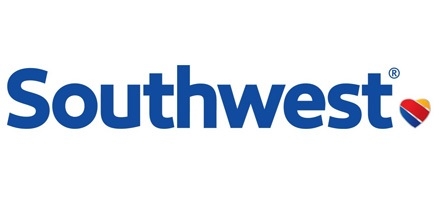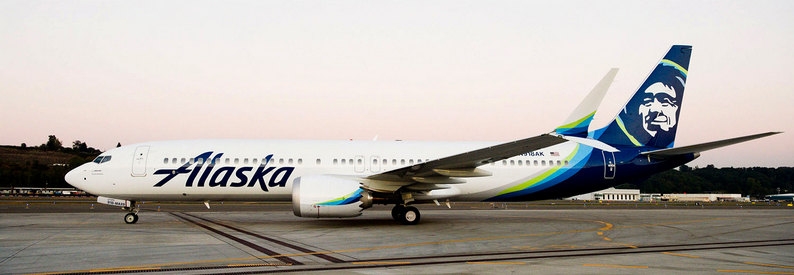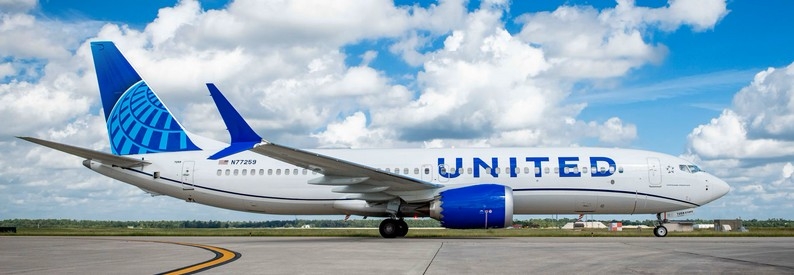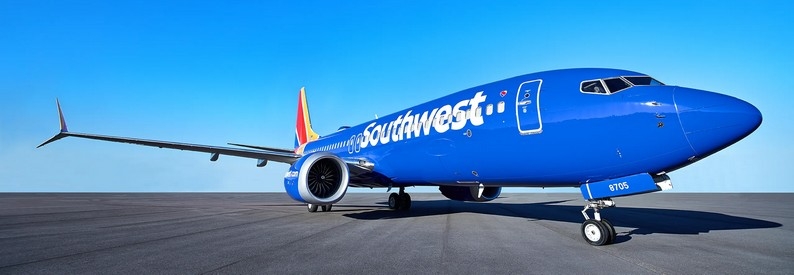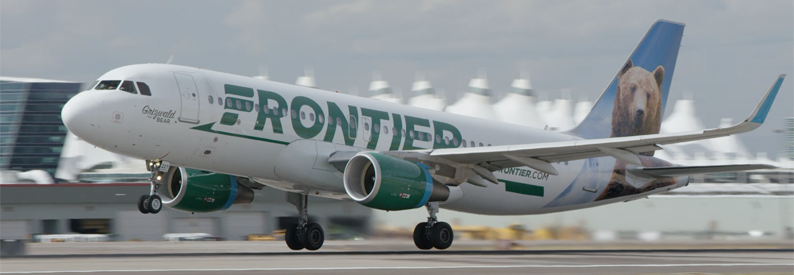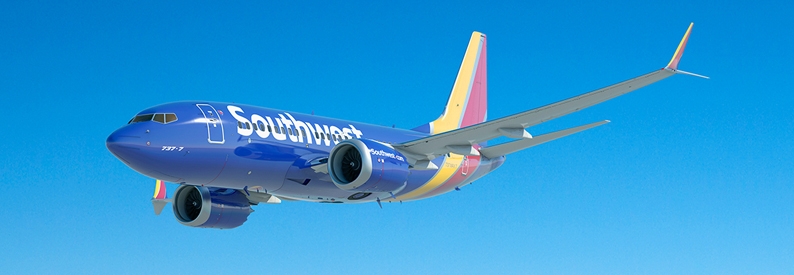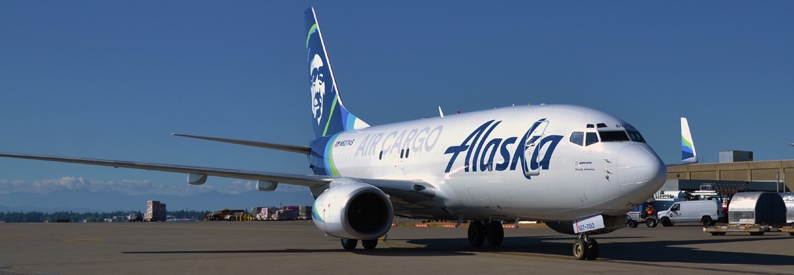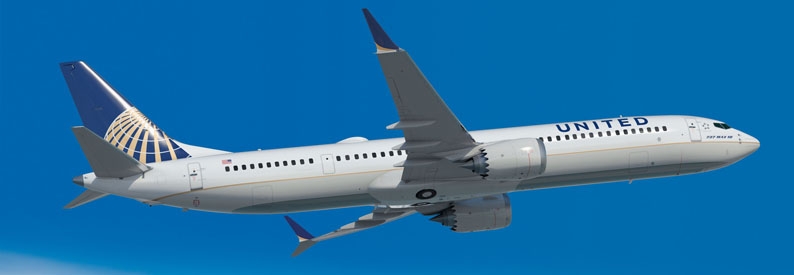Southwest Airlines (WN, Dallas Love Field) has persisted in its claims the US Department of Transportation (DOT) should reallocate it one of two route authorities held by United Airlines (UA, Chicago O'Hare) and its partner SkyWest Airlines (OO, Salt Lake City) on Houston-México City International and Houston-San José Cabo routes.
In December, the Texan budget carrier requested the DOT allocate it the requisite rights allowing it to serve both cities from its soon-to-be-refurbished Houston Hobby base.
Under the terms of the current United States-Mexico Bilateral Air Services Agreement, United and its affiliates hold the two authorities available between Houston and Mexico City, and two of the three authorities available between Houston and Los Cabos. Spirit Airlines (NK, Fort Lauderdale International) holds the third available authority between Houston and Los Cabos.
Among its assertions, Southwest claims its entry into the Houston - Mexico markets would provide independent competition and significant new low-cost travel options for passengers, and clearly is in the public interest.
"Southwest’s low-fare, large-jet, daily service will provide consumer benefits far superior to the SkyWest’s regional-jet United Express service that is duplicative of the service United already provides. Southwest’s competition will reduce fares in the four proposed Houston – Mexico markets by an average of USD117 round-trip, 25% below current fares. These fare reductions are projected to stimulate an additional 273,000 passengers annually in the four markets," it said.
United, for its part, has rejected Southwest's claims arguing for the DOT to hold a formal carrier selection proceeding to determine whether the designations should be reallocated.
In any case, United has defended its turf by asking the DOT to grant the LCC extra-bilateral rights, a move Southwest has rejected on the grounds that as a new entrant it is entitled to the designation.
United has also asked the DOT to grant “extra-bilateral” rights to Southwest for its proposed service claiming the procedure to be "virtually guaranteed" and "risk-free". Southwest has argued against this stating that while the US government may consent to the additional rights, the Mexican government may not thereby jeopardizing its route launch plans.
